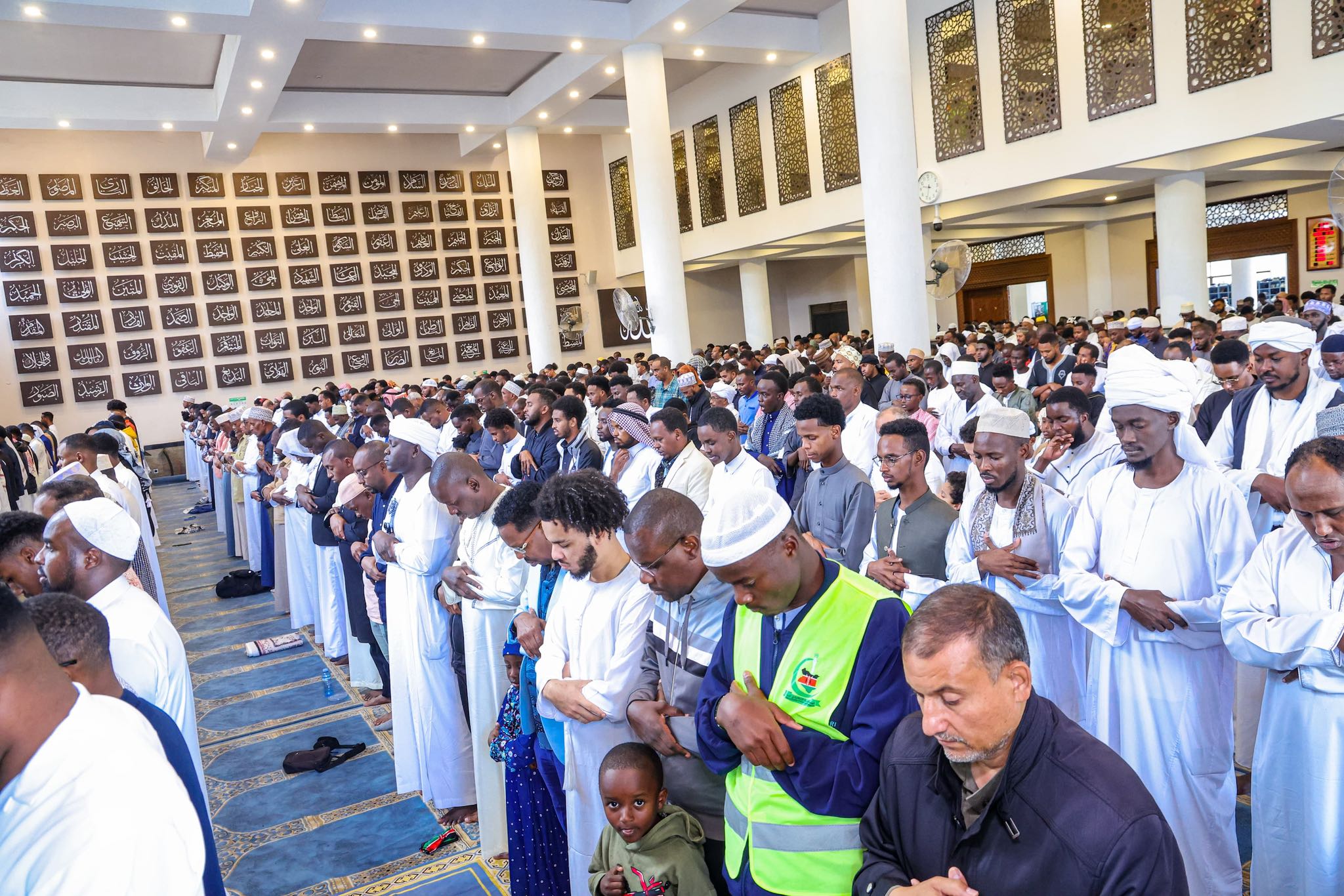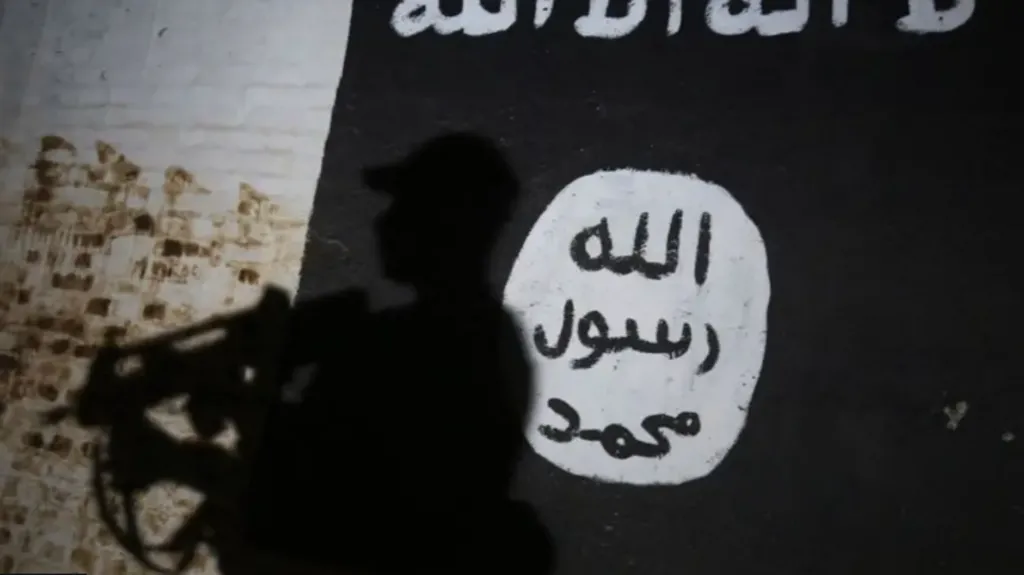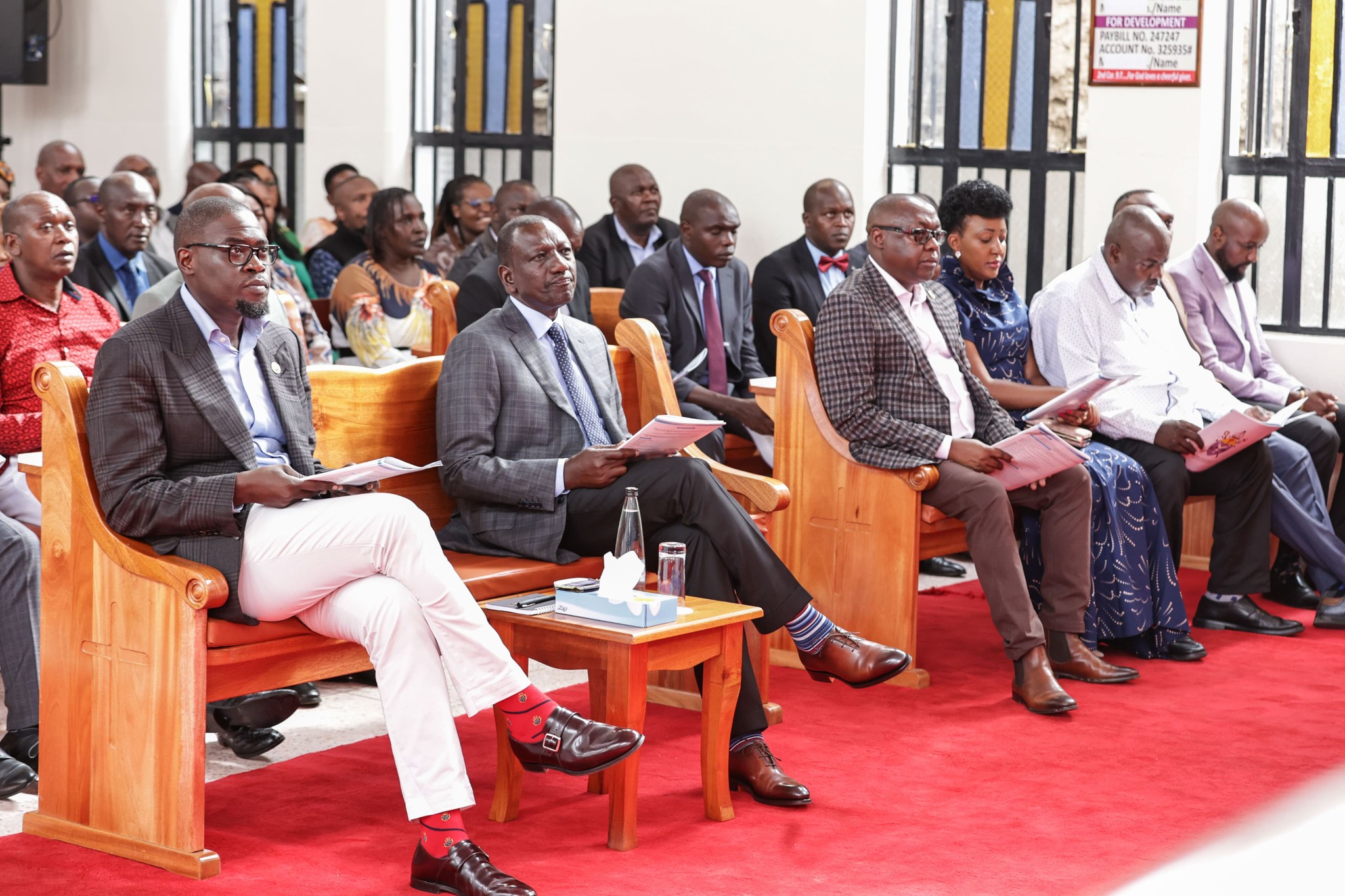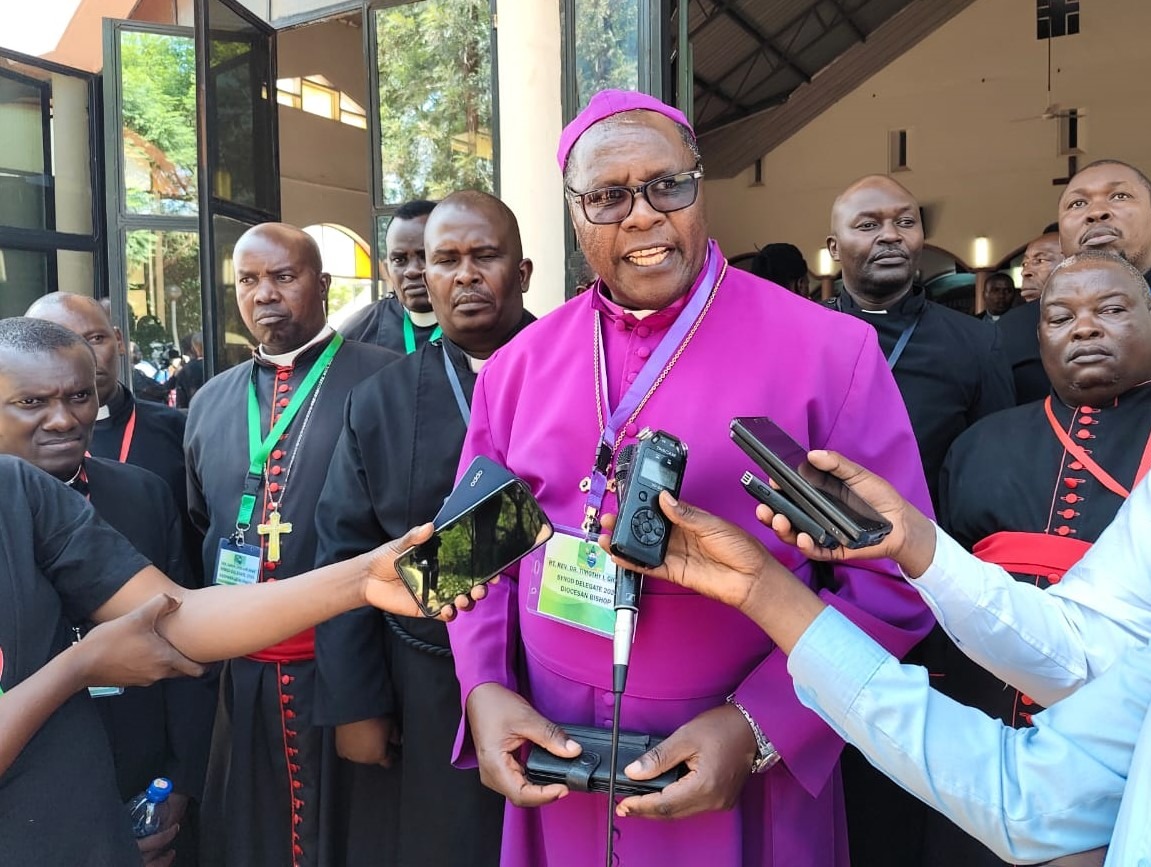How Krapf and Rebmann Shaped the Roots of Christianity in Kenya
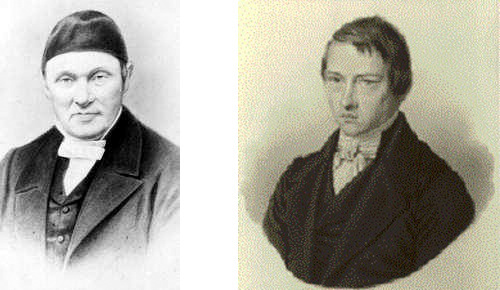
Johann Ludwig Krapf and Johannes Rebmann, two German missionaries, played a pivotal role in introducing Christianity to Kenya during the 19th century. Sent by the English Church Missionary Society (CMS), Krapf arrived in Mombasa in 1844, followed by Rebmann in 1846. Together, they established the first mission station at Rabai Mpya, near Mombasa, marking the beginning of Protestant missionary work in East Africa. Krapf’s arrival was marked by tragedy. Shortly after settling in Mombasa, his wife Rosina succumbed to malaria on July 9, 1844, followed by their newborn daughter just days later. Despite his personal losses and ongoing battles with malaria, Krapf persevered, moving to Rabai’s higher grounds to continue his mission.
Both missionaries faced resistance from local tribes like the Wanika, who were initially skeptical of conversion. By 1859, only seven converts had been made despite years of effort. Krapf’s linguistic skills proved invaluable; he translated the New Testament into Swahili and Kamba, wrote a Swahili dictionary and grammar book, and drafted translations of Genesis and other biblical texts. These efforts laid a foundation for spreading Christianity through education and literacy.
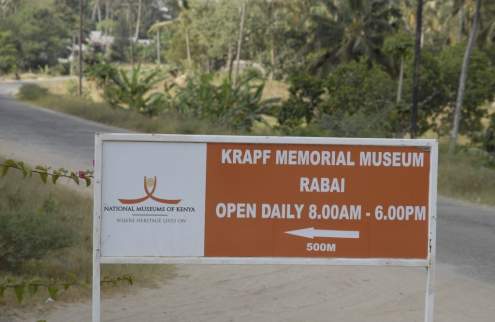
Krapf and Rebmann were also explorers. They were the first Europeans to document Mount Kenya (1849) and Kilimanjaro (1848), discoveries that were initially dismissed in Europe as fantasies. Their reports later inspired further exploration of East Africa. Though direct evangelization yielded modest results initially, their work set the stage for future missionaries who expanded Christianity inland during British colonial rule. Their translations and cultural engagement helped integrate Christian teachings with local languages and customs.
Rebmann passed away on October 4, 1876, while Krapf died on November 26, 1881. Despite their hardships, including malaria-related illnesses that plagued them throughout their lives, their dedication left a lasting impact on Kenya’s religious landscape. Today, Rabai Mpya stands as a testament to their pioneering efforts in spreading Christianity in East Africa.
